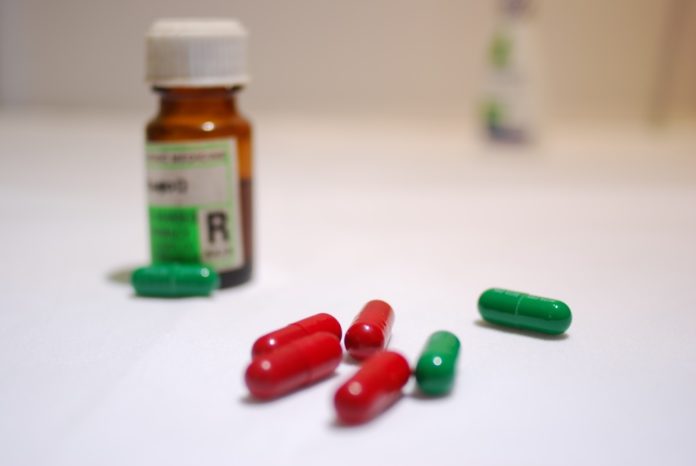Men on long-term opioid use found to have low rate of screening for testosterone levels
Long-term opioid use previously has been linked with low testosterone in men. A new study has found a very low rate of screening for low testosterone, a surprising finding given that a link is known.
The study investigates how many men with extended opioid prescriptions were screened and, if needed, treated for low testosterone. Although more men taking long-term opioids were screened for low testosterone than men who only took opioids for a short period, these rates were surprisingly lower than expected. The findings were published in Mayo Clinic Proceedings: Innovations, Quality & Outcomes.
Although the rate of low testosterone screening, diagnosis and treatment was higher among men with prolonged opioid prescriptions than those only taking opioids for a brief period, these numbers were lower than expected
Low testosterone levels are associated with muscle wasting, weight gain, osteoporosis, low libido and infertility and has been linked with opioid use in 35 to 90 percent of cases. Opiates inhibit the release of chemicals in the brain that trigger testosterone production in the testis.
“Given the dramatic increase in opioid use over the past 20 years, it’s likely that opioid-induced low testosterone is becoming increasingly common,” said senior author Jacques Baillargeon, professor in the department of preventive medicine and community health, University of Texas Medical Branch at Galveston. “This situation can have a profound effect on men’s health and quality of life.”
The researchers identified 53,888 men aged 20 years or older who had 90 or more days of opioid prescriptions in a single 12-month period between January 1, 2010 and December 21, 2017 with no history of low testosterone or testosterone therapy in the year before. The researchers compared this group of men with 53,888 men who received 14 or fewer days of opioid prescriptions that were otherwise familiar.
Although the rate of low testosterone screening, diagnosis and treatment was higher among men with prolonged opioid prescriptions than those only taking opioids for a brief period, these numbers were lower than expected.
“This finding suggests a wide underscreening of opioid-induced low-testosterone, but it’s not clear what factors drove this low rate,” said Baillargeon. “It may reflect a lack of awareness among some clinicians or a reluctance to screen for conditions that would require additional medications in patients who already have complex conditions and treatment plans.


